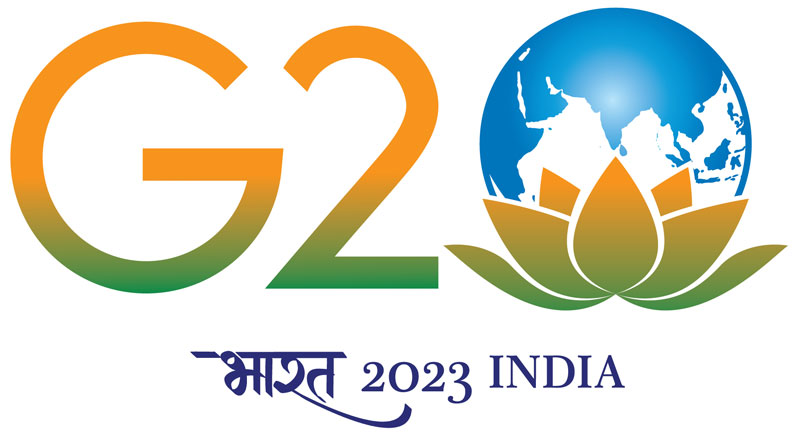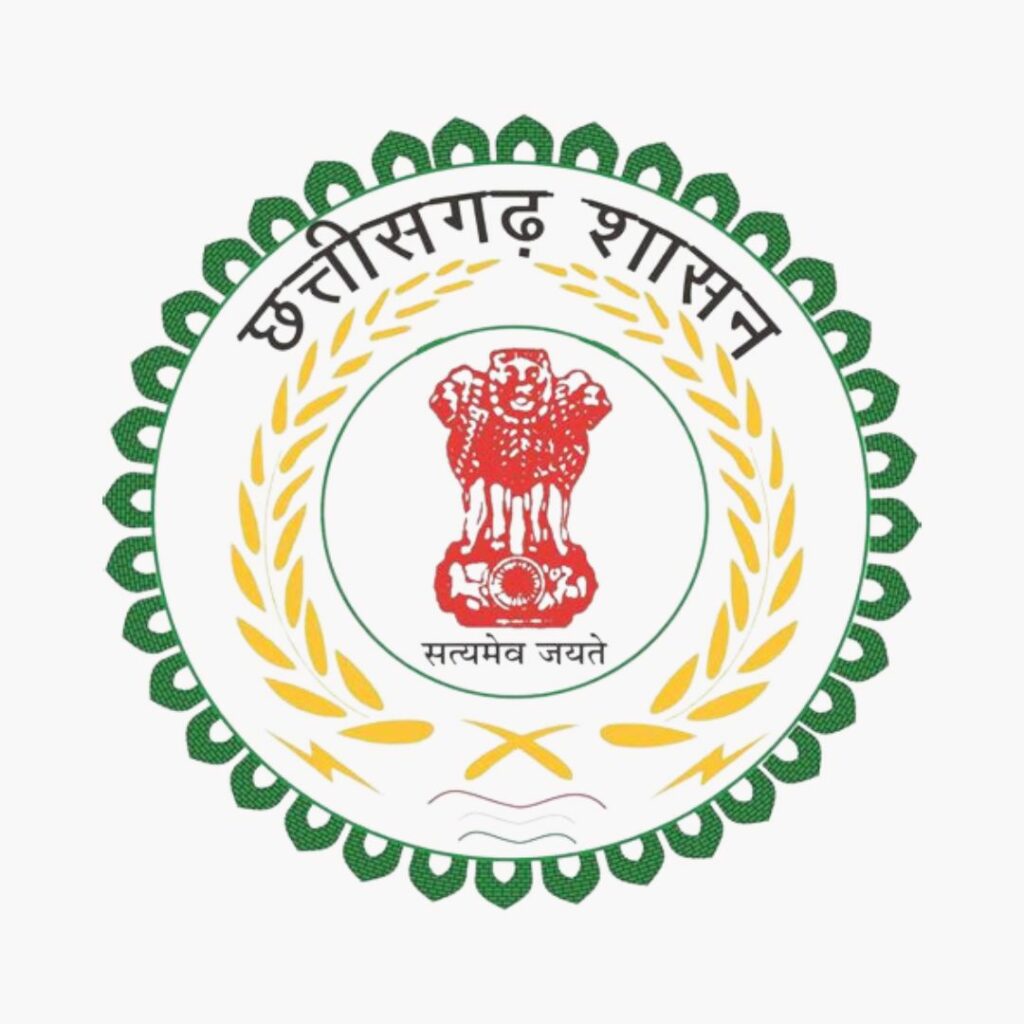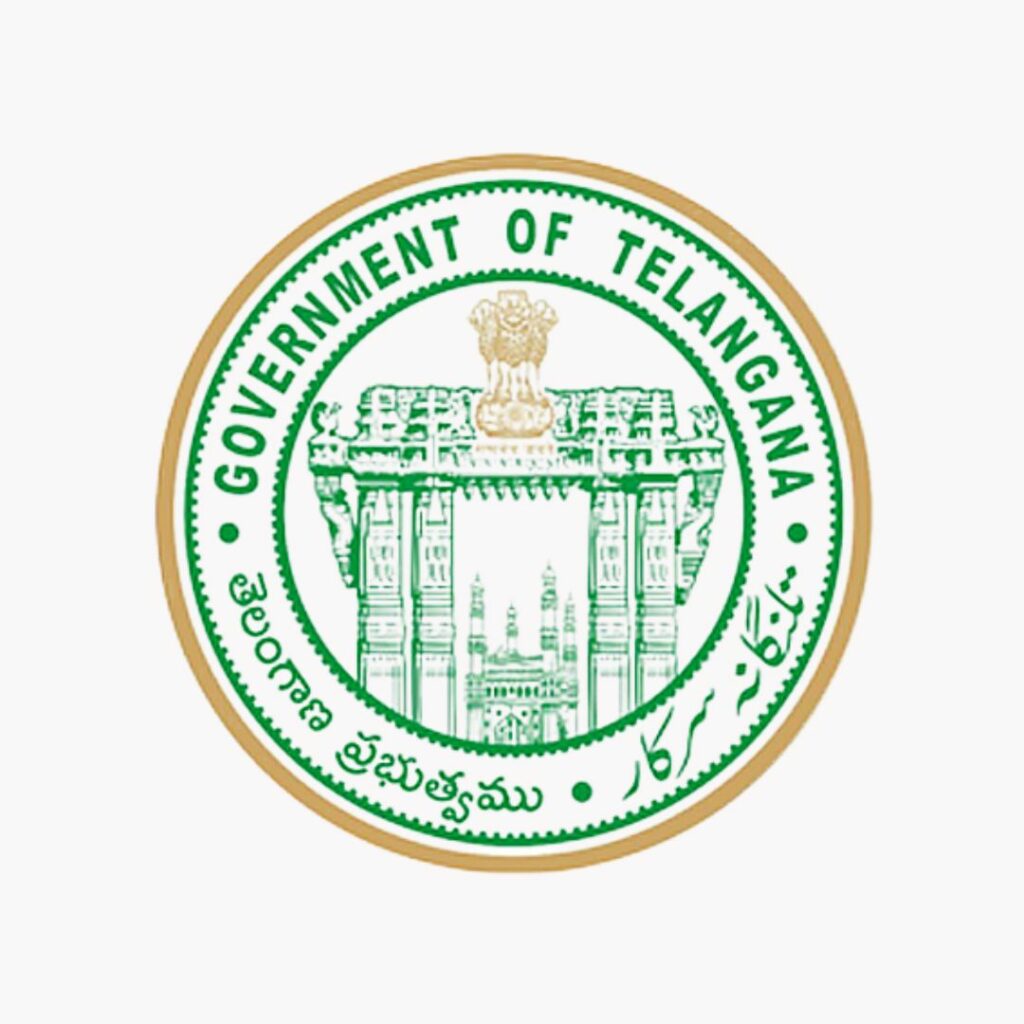Programs at BRLF
Transforming Livelihoods of Vulnerable Communities in India through Civil Society-Government Partnerships
At BRLF, we work with civil society organizations, State Governments, corporates, and donor agencies to achieve our goals. We act as a bridge between civil society and the Government to make sure that money spent on different schemes gives better results.
We partner with State Governments to address urgent issues and help civil society organizations by providing Human Resources. This helps ensure that interventions to improve people’s livelihoods are efficient, high-quality, and have a real impact. We also help CSOs to access the resources made available by Government institutions for rural development and livelihood programs.
Our projects involve formal agreements with State Governments to make sure that resources are used efficiently and to encourage civil society action in different states.
The main objective of the program is to increase the reach of government welfare schemes and to address challenges in sectors such as education, health, nutrition and innovation in tribal areas, in order to ensure an integrated and focused approach to the socio-economic development of the Scheduled Tribes population in a coordinated and planned manner. Keeping in mind our core competence in the field of CSO facilitation and screening, MoTA has appointed BRLF to carry out a rigorous screening process for shortlisting proposals from different parts of the country on various themes such as education, health and innovation.
BRLF PROGRAM AIMS AT
The Research and Knowledge Vertical of BRLF received grant support from the Statistics and Documents Division of the MoTA to conduct an evaluation study of the scheme. Under this grant, we will explore the processes of the scheme and its impact on the state, VOs/NGOs and community capacities for addressing the health and educational needs of the Scheduled Tribes.
BRLF achieves its key outcomes through strategic engagement with CSOs. We engage actively with CSOs to reduce gaps in program outlays and outcomes through strengthening of democratic institutions of governance at the grassroots, improving quality of implementation of programmes, and scaling up successful models of interventions.
CSOs often struggle to find sufficient and long-term support for significant budget components like HR and operations which directly influence the efficiency and impact the quality of livelihood interventions. Our grant support and capacity building initiatives are geared to help them find opportunities to scale and integrate with large-scale government interventions.
BRLF also enables institutional partnerships between CSOs and state governments to help them leverage programmatic resources available for national and state level programmes and schemes for rural development and livelihoods.
As of March 2021, BRLF has committed R. 113.39 Cr (USD) toward CSO grants. Partners have leveraged a cumulative total of INR.2035.01 Cr. (USD) from government schemes and raised co-finance of R. 354.75 Cr (USD) from multiple donors.

Improving outcomes in government flagship programs through partnerships

Support Human Resource and institutional costs of Civil Society Organizations
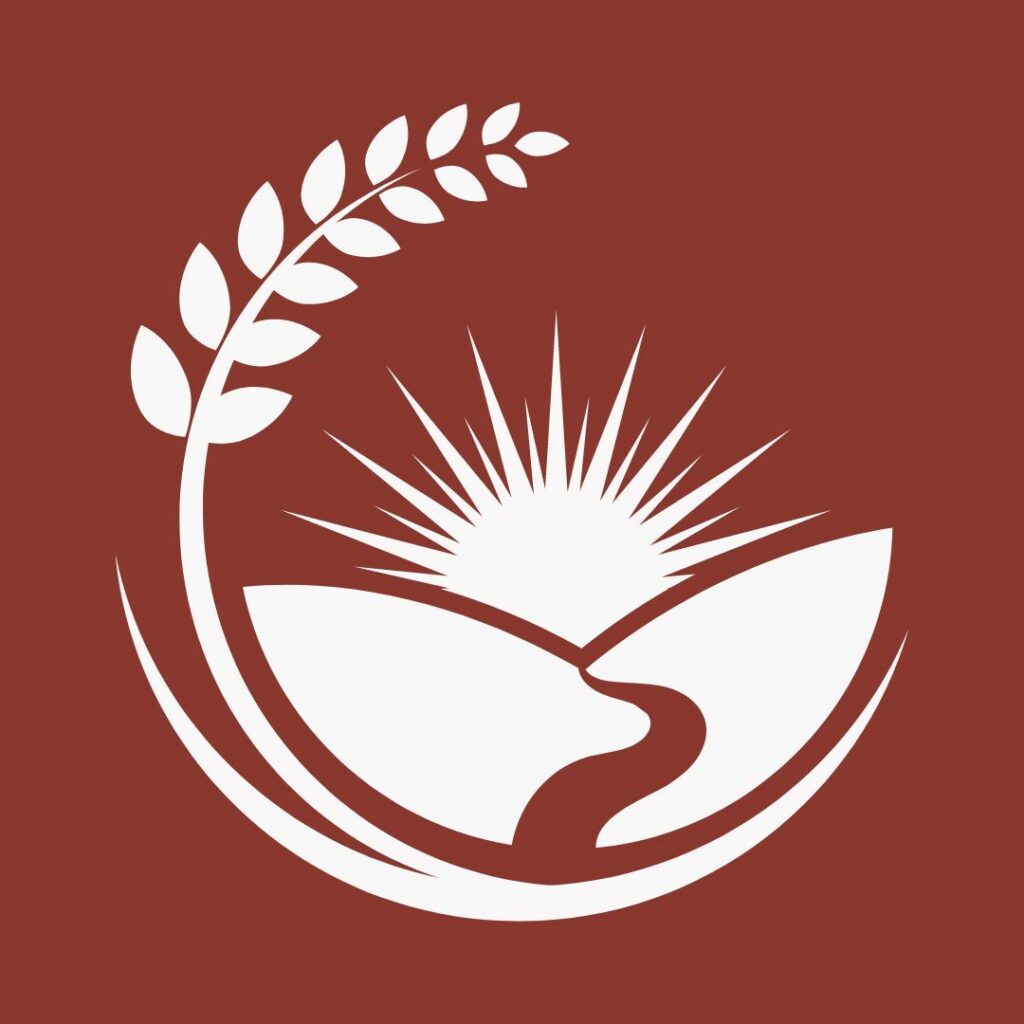
Scaling up proven interventions in Natural Resource Management and Livelihoods
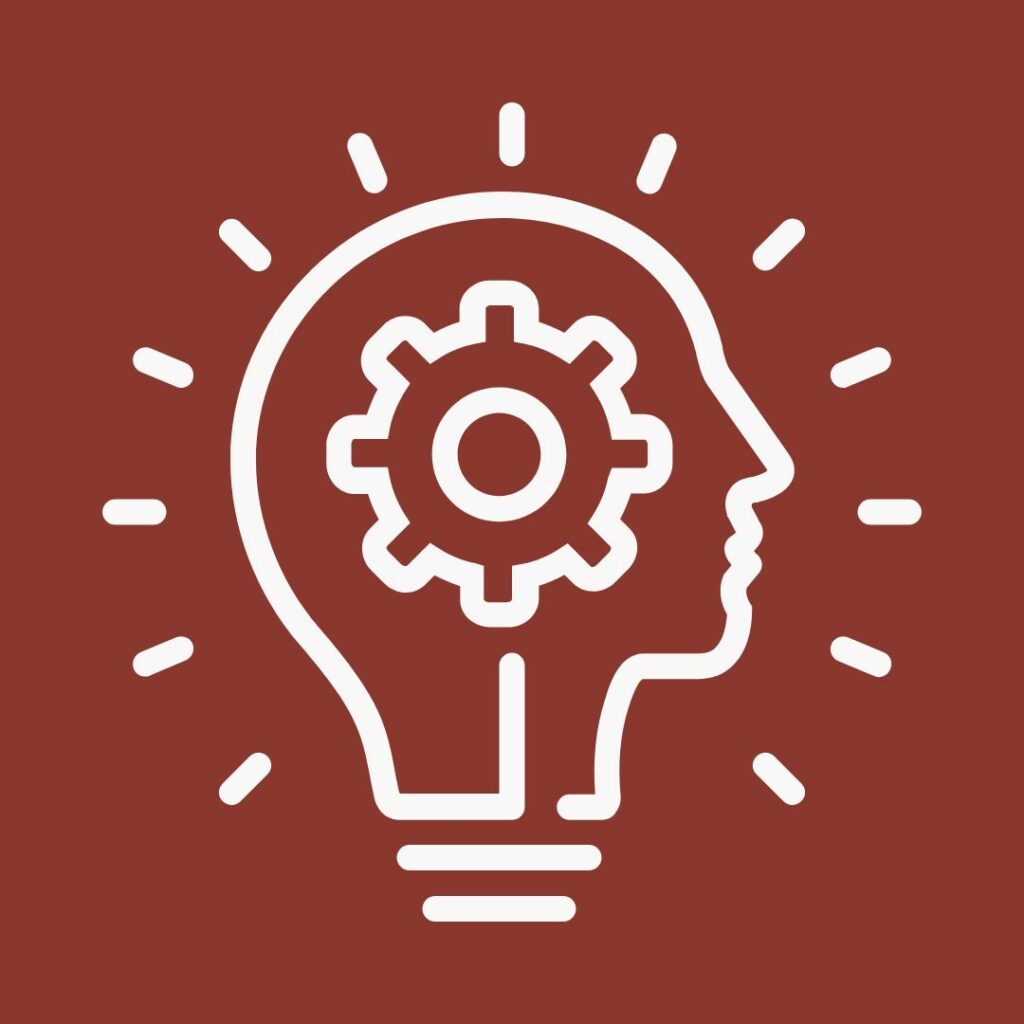
Supporting innovative pilots on Sustainable Livelihoods targeting the Adivasi and poor households

Institutional Strengthening and building capacities of Smaller Civil Society Organizations

Convergence practice between Civil Society Organizations and State institutions
State Government Partnerships for High Impact Projects
The main objective of the program is to increase the reach of government welfare schemes and to address challenges in sectors such as education, health, nutrition and innovation in tribal areas, in order to ensure an integrated and focused approach to the socio-economic development of the Scheduled Tribes population in a coordinated and planned manner. Keeping in mind our core competence in the field of CSO facilitation and screening, MoTA has appointed BRLF to carry out a rigorous screening process for shortlisting proposals from different parts of the country on various themes such as education, health and innovation.
Thematic Technical Support to the CSO Partners
BRLF’s thematic technical support to CSO partners is majorly focused in two areas, Participatory Ground Water Management (PGWM) and Non-Pesticide Management based Agriculture.
Special Initiatives
BRLF is also carrying out Special Initiatives supporting Denotified/Nomadic(DNT/NT) Tribes and Particularly Vulnerable Tribal Groups (PVTGs) of Jharkhand and Madhya Pradesh.
Call For Proposals
BRLF launched its first call for proposals in 2014 and selected 34 CSOs following a robust due-diligence process for funding and facilitation support. The total funds committed by BRLF for these projects for a period of five years was INR 68.64 Cr. Through the second call for proposals, 10 more CSOs were selected. The committed funds for these 10 CSOs for a period of three years comes to INR 13.70 Cr with an estimated reach of 89,000 households. The work of 59 CSOs (including the ones onboarded in state partnership projects) has been concentrated in 1941 Panchayats of 251 blocks of 86 districts in 8 states viz., Gujarat, Rajasthan, Madhya Pradesh, Chhattisgarh, Odisha, Jharkhand, Maharashtra and West Bengal.

